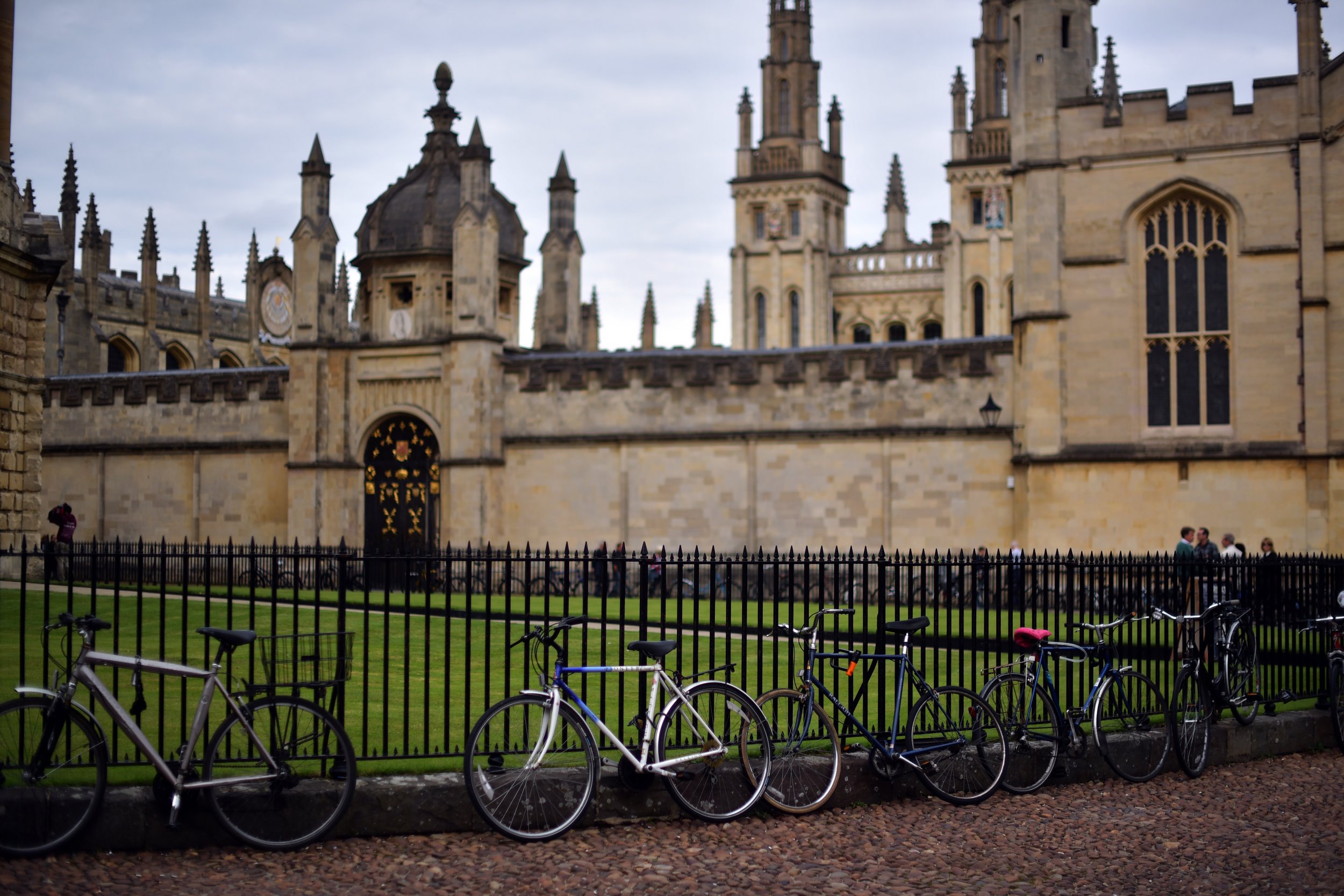
This article was originally published on The Conversation. Read the original article.
When it comes to charitable giving, most people living in the U.K. are pretty generous with their money—with most giving at least once a year and about two-fifths giving every month. On average £10 billion is donated every year to a wide variety of causes. And recent data from the Charities Aid Foundation shows the three most popular causes are medical research, children and young people, and animals.
But when it comes to the rich and famous, they like to give a little differently. The top choice for those able to make gifts worth £1m or more is one that barely figures among the general population, and that is universities. The annual Coutts Million Pound Donor report, which I research and write, has been tracking the quantity, value and destination of seven-figure donations since 2008. And in all nine years of the study, the most popular cause has always been higher education.
Indeed, universities are not just at the top of the table, they receive almost as much as all the other causes combined—as the figures in the newly released 2016 report show. But not all universities are basking in philanthropic success. A recent report, that tracks all (not just seven-figure) donations to universities, showed that the universities of Oxford and Cambridge raised more than all the other Russell group universities combined.
The survey also showed that the average philanthropic income in Russell group universities—excluding Oxbridge—was £10m—that includes some large single sums. And our new report discovered that in 2015, 35 U.K. universities received donations of a million pounds or more. And that eight non-Oxbridge universities received multiple seven-figure donations—including some single gifts of £10m or more.
The research also goes some way to explain why the rich like to give to higher education. Because it is clear that universities top the million-pound donation league table year-on-year for a number of reasons. So here are the top five explanations for universities' philanthropic advantage.
1. Credibility
Universities are large, enduring institutions that have the capacity to utilize large sums. They all have multi-million pound annual turnovers, and are therefore capable of handling seven-figure donations—unlike the vast majority of charities, which have annual turnovers of well under £1 million.
The long and successful history of many universities is also reassuring to donors who wish to erect buildings or endow posts with a long life-span.
2. Ambition
The range of activities undertaken by universities creates opportunities that accommodate the personal interests of almost every donor. This can include funding cutting-edge scientific research, providing scholarships for deprived students, or supporting arts, cultural and sporting activities on campuses.
Universities with a track record of transformational impact hold particular appeal to ambitious donors who typify "the new philanthropists". These include the Bill Gates and Zuckerbergs of the world—people who have created huge amounts of wealth in business and wish to apply their entrepreneurial skills to achieve similarly ambitious goals in the social sphere.
3. Contacts
Research shows that autobiographical connections play a large part in charitable giving decisions—so people give most readily to charities they are familiar with rather than to the most "worthy" needs. And alumni are a constituency that universities can approach for donations.
This is unlike other causes such as international development and U.K.-based welfare charities, who on the whole don't have an obvious constituency of contacts.
4. The X factor
The opportunity for supporters to be part of a university community, and feel invested in its work and goals, is attractive. And philanthropic support that can be integrated into the social lives of donors, such as attending dinners, graduation events and concerts, helps to build and cement relationships between both parties.
Computer science expert and author James Martin gifted over £100m to Oxford University and helped to established the Oxford Martin School—for pioneering research into global challenges. This sum remains the largest single benefaction in the university's history. Martin explained that:
It has really been the most exciting and fascinating opportunity and it has changed my life for the better.
Richard Ross, whose family business provides property development finance, used similar words to describe his experience of supporting researchers at a range of universities:
For me it is not just a case of giving away money, it's about meeting the researchers we fund, being involved in what they're doing and being part of it. Meeting people like neuroscientists is more interesting than anything I will ever do in any other part of my life.
5. Asking for it
With rare exceptions, donors generally only give a million pounds or more if they are asked to—so donations depend on the "demand" of charities, as much as the "supply" of donors.
So it may well be that universities are simply better at asking for larger sums of money because they have made greater investments in this funding stream. A recent £200m government-funded scheme that ran between 2008 and 2011 helped to incentivize donors by offering to match their contributions. The scheme also helped universities to professionalize their fundraising departments through capacity-building and training.
And given that no other area currently enjoys the same multiple philanthropic advantages of the university, it is unlikely that higher education will lose its status as the top million pound donation recipient anytime soon.
Beth Breeze, Director, Centre for Philanthropy, University of Kent
Uncommon Knowledge
Newsweek is committed to challenging conventional wisdom and finding connections in the search for common ground.
Newsweek is committed to challenging conventional wisdom and finding connections in the search for common ground.
About the writer
To read how Newsweek uses AI as a newsroom tool, Click here.








